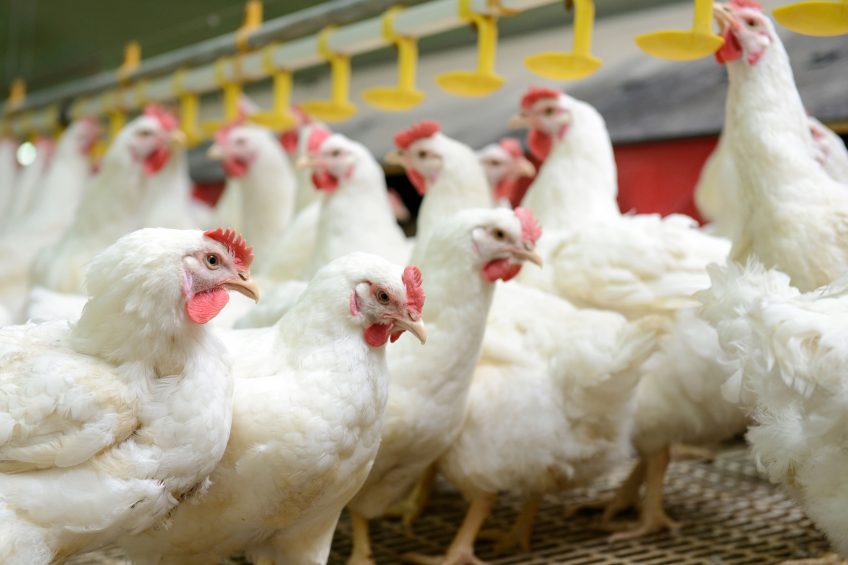EU short-term outlook for poultry remains strong

Poultry production in the European Union rose by nearly 4% in the first quarter of the year due to fewer outbreaks of avian influenza and new poultry units coming on stream.
Poland saw the sharpest production rise – an 8% leap year on year – while Germany (+7%), Netherlands (+6%), France (+5%) and the UK (+3%) all saw increases, according to statistics released by the European Commission.
Expansion is expected to slow for the second half of the year, bringing annual growth to 1.5% and stabilisation is likely for 2019.
Exports
The Commission said it expected exports to grow moderately on top of the recovery registered in the second half of last year. They rose by 8% year on year between January and April, mainly due to more exports to the Philippines, where the bird flu ban had reduced exports the previous year.
Within those four months, Ghana became the main EU partner with a 10% share, followed by Ukraine and the Philippines. For the full year, volumes are expected to grow by 2.5% taking into account the higher figures for the latter half of 2017. And growth is expected to slow down in 2019.
Imports
Animal health issues that have dogged Brazil, leading to the withdrawal of export authorisations from 20 Brazilian plants by the EU, has had a substantial effect. Poultry meat imports from Brazil fell by 45% in the first four months of this year, shrinking its share from 50% to 33%.
Unsurprisingly, imports from other origins rose substantially in the same period to help partially close the gap. Ukraine and Chile were the largest winners seeing imports by 136% and 85% respectively. But total EU imports for the period were still 9% lower.
EU poultry imports for the year are expected to remain at last year’s level for 2018 as a whole and to rise significantly – +7% in 2019, assuming that imports resume from Brazil soon.
Broiler prices and consumption rise
EU broiler prices have seen a rising trend supported by the good export performance and exceeded the level of the previous 2 years, reaching EUR 189/100kg by the end of May.
EU consumption per capita is also expected to rise slightly, but steadily, after stagnating in 2017 due to tight supplies to 24.1kg in 2018 and 24.3 kg in 2019.












